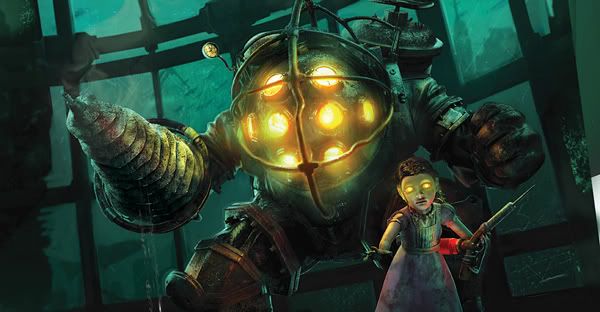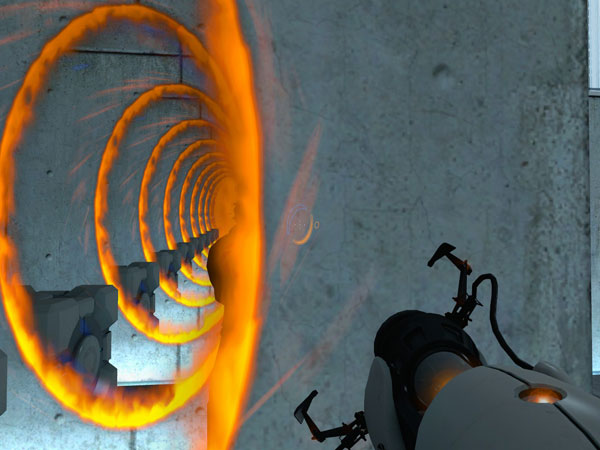This post has not been edited by the GamesBeat staff. Opinions by GamesBeat community writers do not necessarily reflect those of the staff.
The video-game story does not happen through text. It does not happen through movies or radio drama (I'm looking at you, BioShock). The video-game story occurs between the controllable actions of the player and the reactions we create onscreen.
That's why you can't bring in a world-class writer and expect a top-grade story. You don't bring in a marine biologist to fix your toilet…you bring in an honest-to-god plumber. These wordsmiths create poetry with ink and word documents…not player experiences. All you're left with is a tedious lecture on dolphins and nowhere to pee.

Yes, there is fantastic writing in Uncharted and a great atmosphere in games like Bioshock, but it's only when a player impacts the narrative using in-game actions that the video-game story can begin.
Mass Effect is great science fiction, but it's not great video-game storytelling. It's cool that you can make a myriad of decisions…how you make them is decidedly less satisfying. The game presents you with, at best, a "choose your own adventure" forged from multiple paths and dialogue options. Mass Effect doesn't tell you a grand story; instead, it presents you with a mish mash of short puppet theatre in the form of in-game cut -scenes, text-based backstory, and pre-rendered movies, dropped like bread crumbs to lead you through the game.
You're watching a movie, listening to the radio, or reading a book. How do these actions contribute toward a video-game story?
Think of games in terms of a lamp post illuminating a patch of concrete on a dark street. The lamp light doesn't tell a story; it doesn't express a message. But it creates a space in the darkness for something to happen…a stage for us to tell our story. At best, the game story provides us with the motivation and the tools to disrupt their virtual world.

Where does a video-game story occur? It occurs when decisions are made through in-game actions, not dialogue trees. When Commander Shepard has to choose between saving teammates and the game takes us to one location over another, we are part of a good video-game story. When we make a choice in a dialogue tree and witness a cinematic, we are not.
You begin experiencing story when you pick up the headmaster's pet and throw it off a cliff in The Legend of Zelda: Skyward Sword. You create narrative when you take a box in Deus Ex: Human Revolution and hurl it at a homeless man. You assert your will in the world, and experience the world's reaction. Bioshock's story does not occur when you find an audio log, but it happens when you pull the trigger of your shotgun and watch the light and shrapnel shred an enemy to bloody pieces. The players' actions and the resulting reactions in the game world dictate where the true narrative takes place.
Portal allows you to break out of the game world using our actions. Subverting the game's narrator using the tool of the Portal Gun is a great way of telling a video-game story. Reaching the hidden warp pipes in Super Mario Bros. 3 by using the skills we've learned so far is when Mario's story ends and ours begins.
We don't need more writers or even better ones. We need more opportunities to have our actions matter. Don't boil choices down to canned responses or mistake movies for immersion. Give us the tools to disrupt the world and watch a great story come to life.
